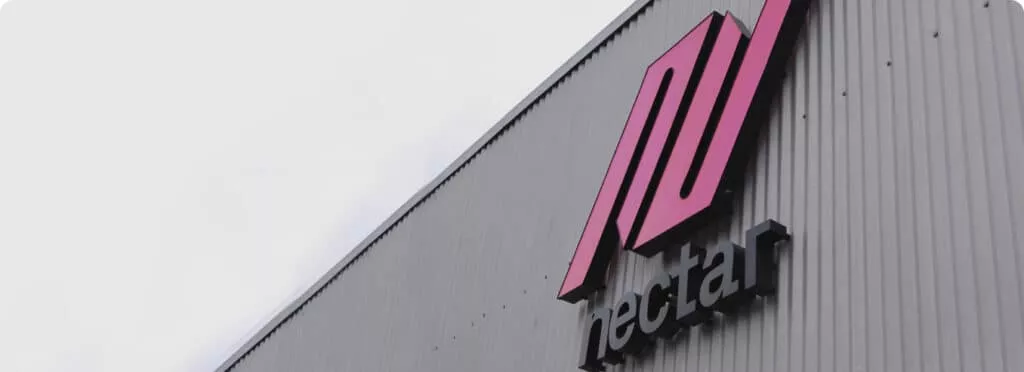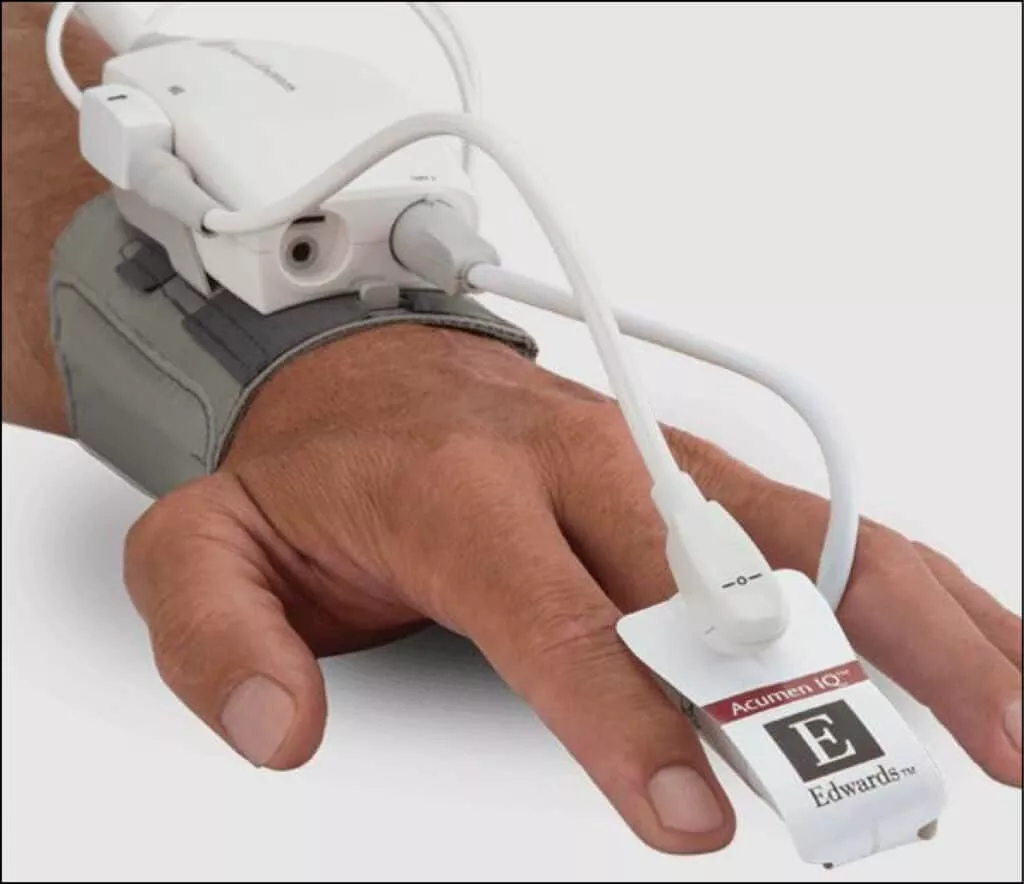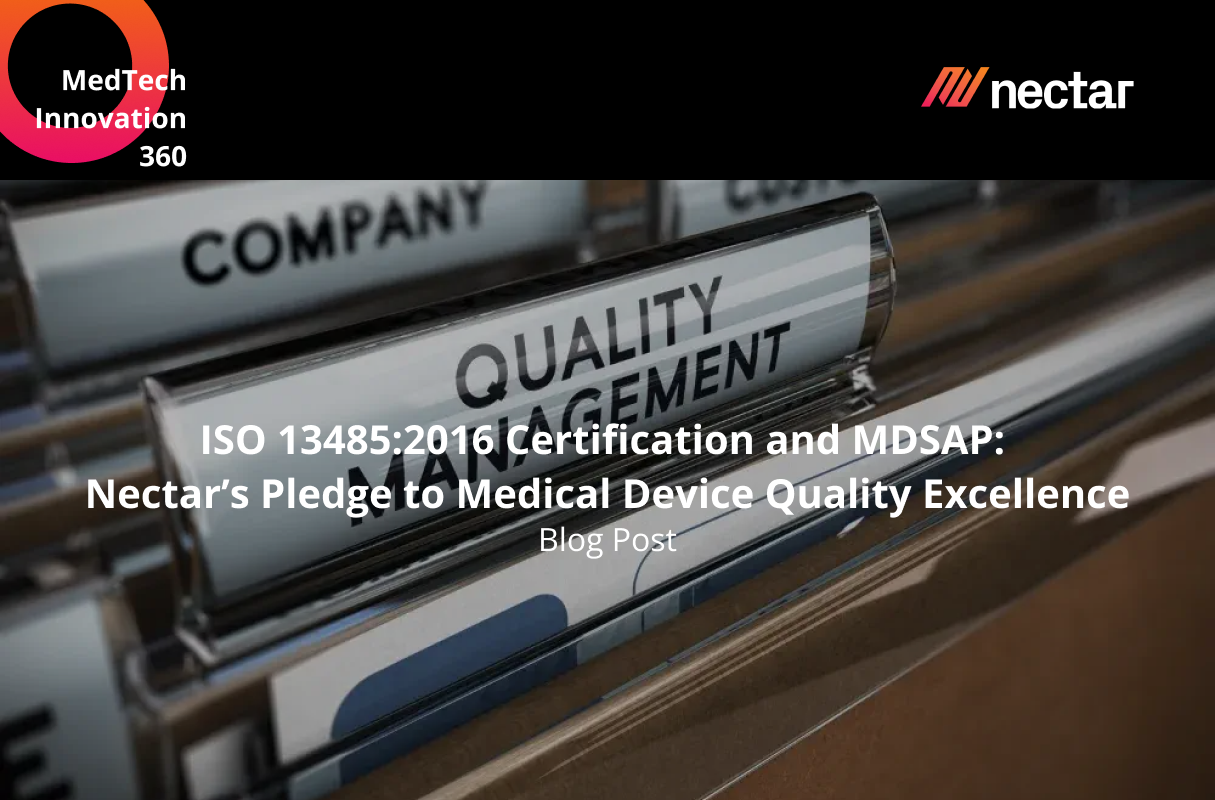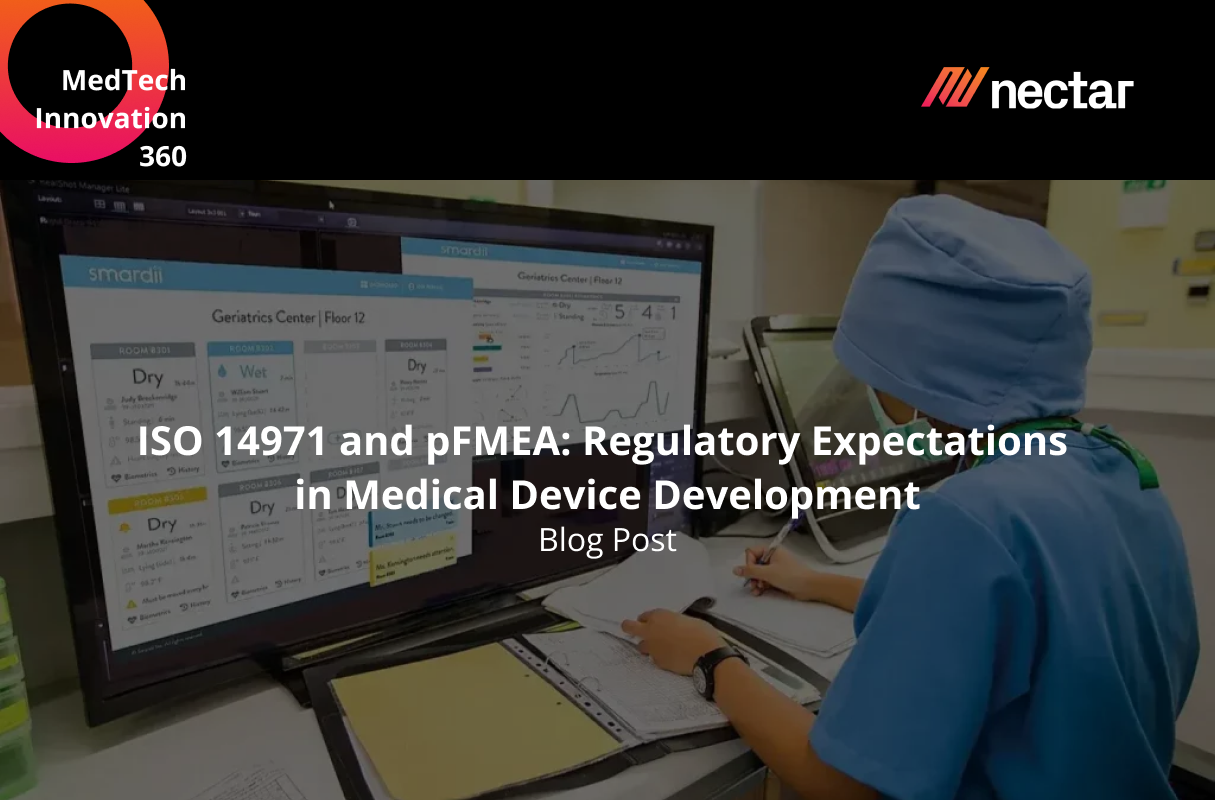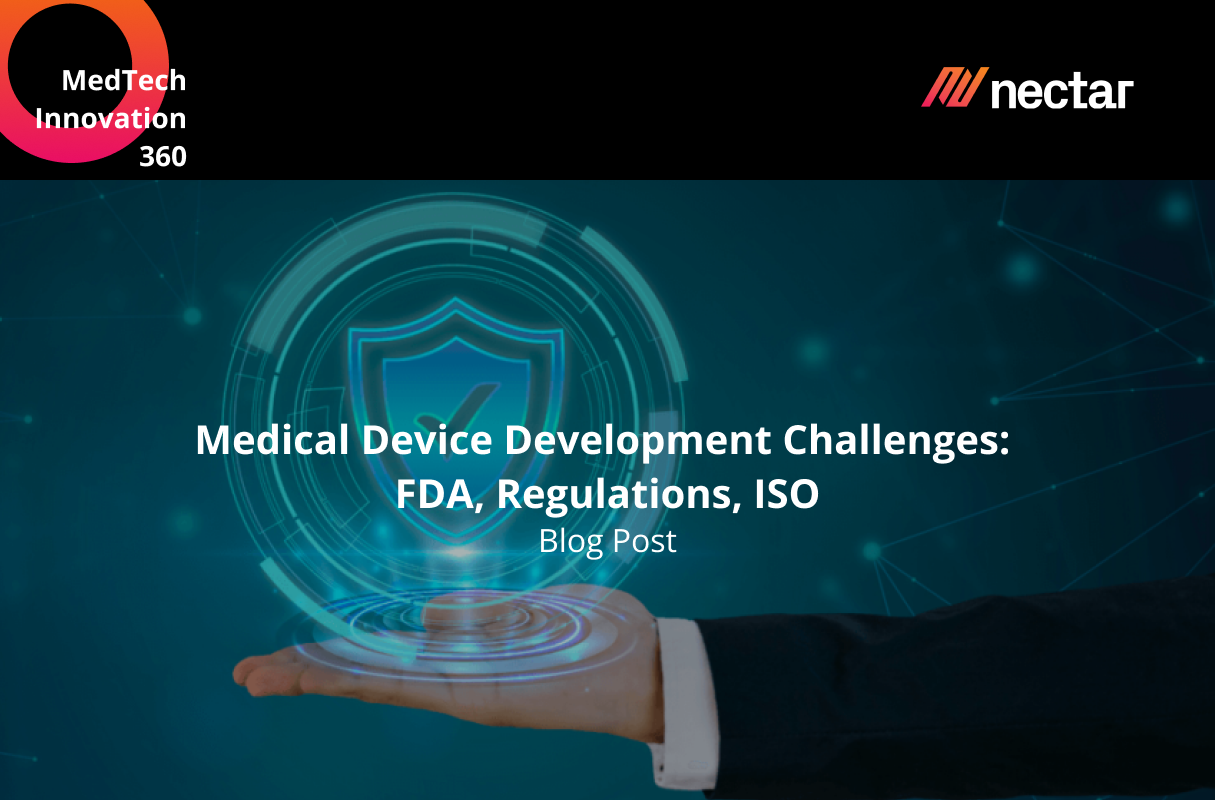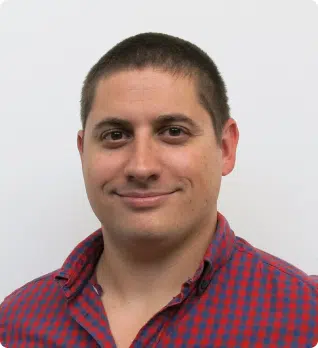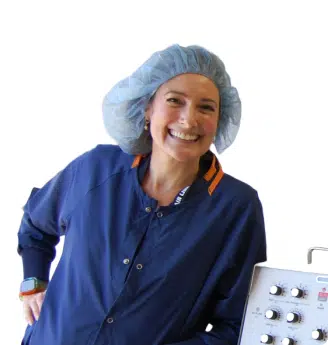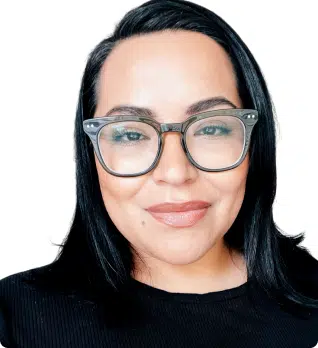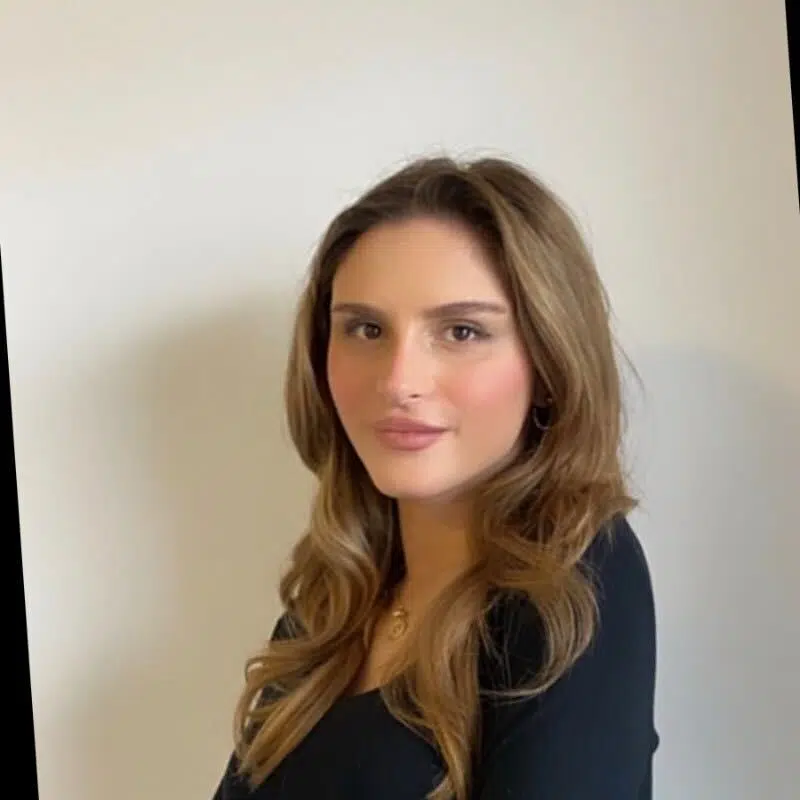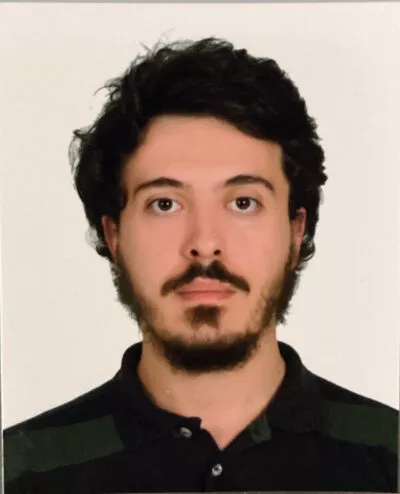Introduction to ISO 14155
For medical device development companies, prioritizing the safety, credibility, and efficacy of our products is paramount. In the dynamic arena of medical device design engineering, adhering to international standards like ISO 14155 is essential. This standard is fundamental in the clinical investigation of medical devices, offering a deep dive into ISO 14155’s principles, requirements, and its application in medical device development for critical evaluation insights.
Importance of ISO 14155 for Medical Device Manufacturers
ISO 14155 stands as a crucial framework for conducting clinical trials, pivotal for accruing clinical evidence that underscores the safety and efficacy of medical devices. Adherence to ISO 14155 ensures that medical device manufacturers meet regulatory compliance, embracing internationally recognized standards and fostering ethical practices throughout the clinical investigation process. By aligning with ISO 14155’s guidelines, manufacturers affirm their dedication to patient rights, safety, and advancing medical science.
Understanding the Fundamentals of ISO 14155
ISO 14155 outlines a detailed set of guidelines for the design, conduct, recording, and reporting of clinical investigations involving medical devices, addressing various facets such as the sponsor and principal investigator’s responsibilities, risk management, compliance with electronic data requirements, and post-market clinical follow-ups. Following these guidelines guarantees systematic, controlled clinical investigations, reducing risks and enhancing data quality for medical device design services.
Key Principles and Requirements of ISO 14155
ISO 14155 is anchored in key principles guiding clinical investigations, emphasizing the protection of human subjects, the scientific validity of the investigation, and the ethical conduct. To align with ISO 14155, medical device manufacturers must secure informed consent from participants, ensure investigator impartiality, and keep comprehensive and accurate investigation records. Adherence to these principles and requirements lays a solid groundwork for the successful execution of clinical investigations, highlighting the importance of ethical conduct and informed consent.
The Role of ISO 14971 in Ensuring Compliance
ISO 14971 complements ISO 14155 in the medical device development process by focusing on risk management principles applied to medical devices. It advocates a systematic approach to identify, analyze, and control risks throughout the medical device life cycle, from design to post-market surveillance. Integrating ISO 14971 principles within the Quality Management System (QMS) facilitates thorough risk management, ensuring safety and efficacy.
ISO 14971 and Its Synergy with ISO 14155
These two standards can work synergistically to ensure the safety and effectiveness of medical devices. ISO 14971’s risk management process can be integrated into the clinical investigation activities outlined in ISO 14155, helping to identify and mitigate potential risks associated with the use of medical devices in clinical trials. By aligning these standards, medical device manufacturers can enhance the quality and safety of their products, ultimately benefiting both patients and healthcare providers.
Implementing a Quality Management System
To comply with ISO 14155, medical device manufacturers must develop and uphold a robust quality management system (QMS). This system is the cornerstone for ensuring medical devices’ quality, safety, and effectiveness, covering various processes like document control, training, risk management, and corrective and preventive actions. Implementing a QMS in line with ISO 14155’s requirements enables manufacturers to optimize their operations, elevate product quality, and adhere to international standards.
Ethical Considerations in Clinical Investigations
Ethics are crucial in the conduct of clinical investigations, mandating that medical device manufacturers prioritize human subject protection and respect participant rights throughout the process. This includes securing informed consent, safeguarding participant privacy and confidentiality, and minimizing potential harm or discomfort. Ethical adherence not only preserves the integrity of the investigation but also enhances the credibility and reliability of the data collected.
Types of Clinical Investigations under ISO 14155
ISO 14155 categorizes clinical investigation types into three main categories: feasibility studies, pilot studies, and pivotal studies. Feasibility studies are crucial for assessing the practicality and viability of a clinical investigation, serving as a foundation for further research. Pilot studies, on the other hand, offer preliminary data that is instrumental in informing the design of a pivotal study. Pivotal studies, being large-scale investigations, are the cornerstone for generating primary data that substantiates the safety and efficacy of a medical device. This classification enables manufacturers to tailor their approaches, ensuring they meet the specific objectives and criteria of each study type.
Designing a Successful Clinical Investigation Study
The success of a clinical investigation heavily relies on its study design, which encompasses meticulous planning, protocol development, and the selection of suitable study sites. A well-constructed study design, grounded in scientific principles, considers various critical factors including sample size, inclusion and exclusion criteria, study endpoints, and the methods for statistical analysis. By addressing these essential elements through strategic study design, manufacturers are positioned to gather reliable and meaningful data, thereby drawing robust conclusions regarding their medical devices’ safety and efficacy.
Key Responsibilities of the Sponsor and Principal Investigator
ISO 14155 delineates the distinct responsibilities of the sponsor and the principal investigator within a clinical investigation. The sponsor is tasked with initiating, managing, and financing the investigation, which includes responsibilities such as protocol development, securing regulatory approvals, and monitoring the investigation’s progress. Conversely, the principal investigator is charged with overseeing the study’s conduct at the site, which involves recruiting and managing participants, data collection and recording, and ensuring adherence to the protocol. The synergy between the sponsor and principal investigator is vital for the seamless execution of a clinical investigation.
Managing Risk in Clinical Investigations
In the realm of clinical investigations, risk management plays a pivotal role in ensuring participant safety and preserving data integrity. ISO 14155 highlights the importance of identifying, assessing, and controlling investigation-associated risks. Manufacturers are required to engage in comprehensive risk management processes, which include the identification, analysis, evaluation, and mitigation of risks. Through proactive risk management, manufacturers can significantly reduce potential hazards, thereby safeguarding participant safety and upholding the integrity of the investigation’s data.
Ensuring Compliance with Electronic Data Requirements
The advent of the digital age has made electronic data capture and management indispensable to clinical investigations. According to ISO 14155, the collection, storage, and analysis of electronic data must be conducted in a manner that guarantees data integrity, confidentiality, and traceability. Manufacturers are obligated to deploy suitable systems and processes, such as secure electronic data capture systems, rigorous data validation procedures, and comprehensive data backup and recovery plans. Adherence to electronic data requirements not only streamlines data management but also ensures the collected data’s reliability and accuracy.
Post-Market Clinical Activities
ISO 14155 extends its scope to encompass the post-market clinical activities associated with medical devices. These activities, which include post-market surveillance, post-approval studies, and ongoing device performance and safety monitoring, are essential for manufacturers. They must establish processes for the collection and analysis of post-market clinical data, identification of potential risks or issues, and implementation of corrective measures. Engaging in post-market clinical activities as outlined by ISO 14155 demonstrates manufacturers’ dedication to continuous safety monitoring and the perpetual enhancement of their medical devices.
Key Performance Indicators for ISO 14155 Compliance for Medical Devices
Key performance indicators (KPIs) play a crucial role in assessing the effectiveness of compliance with ISO 14155, the standard governing clinical investigations of medical devices. Monitoring KPIs helps ensure that the clinical investigations are conducted in accordance with the standard’s requirements, thereby enhancing the safety and performance evaluation of medical devices. Some essential KPIs for ISO 14155 compliance include:
- Patient Recruitment Rate: This KPI measures the rate at which patients are enrolled in the clinical investigation, providing insights into the efficiency of the recruitment process.
- Protocol Deviation Rate: Monitoring the frequency of protocol deviations offers valuable information about the adherence to the study protocol, essential for maintaining the integrity of the clinical investigation.
- Adverse Event Reporting Timeliness: Timely reporting of adverse events is critical for patient safety and regulatory compliance. Tracking the timeliness of adverse event reporting serves as a vital KPI.
- Data Accuracy and Completeness: Assessing the accuracy and completeness of clinical data collected is fundamental for ensuring the reliability and validity of the study results.
By establishing and monitoring these KPIs, medical device manufacturers and researchers can effectively gauge their compliance with ISO 14155, ultimately contributing to the development of safe and effective medical devices.
Resources and Tools for ISO 14155 Compliance
A plethora of resources and tools are at the disposal of medical device manufacturers to aid in their compliance with ISO 14155. These resources include regulatory authority guidance from entities like the FDA, industry best practices, and insightful case studies. Furthermore, training programs and workshops offer valuable perspectives and hands-on knowledge for the effective application of ISO standards. Leveraging these resources empowers manufacturers to deepen their comprehension of ISO 14155 and to adeptly incorporate its principles and requirements into their operations.
Benefits of ISO 14155 Compliance for Medical Device Manufacturers
Compliance with ISO 14155, an international standard, offers numerous advantages for medical device manufacturers. It not only ensures adherence to globally recognized benchmarks but also instills confidence in the safety and efficacy of their products, thereby facilitating regulatory approvals in various markets. This alignment with ISO 14155 underscores a commitment to excellence and global compliance.
Moreover, adhering to ISO 14155 significantly boosts manufacturers’ credibility and reputation, fostering trust among healthcare professionals, patients, and regulatory bodies. This commitment to ISO 14155 demonstrates manufacturers’ unwavering dedication to quality, safety, and the advancement of medical science through principled implementation, thereby enhancing their standing in the healthcare industry.
Sustaining ISO 14155 Compliance in the Long Term
Sustaining ISO 14155 compliance in the long term requires a proactive approach to quality management and regulatory oversight. First and foremost, it’s essential to establish a robust quality management system that encompasses regular internal audits, training programs, and continuous process improvement. This system should also include clear documentation of procedures and processes, ensuring that all personnel are well-informed and trained.
Furthermore, staying abreast of regulatory updates and changes is crucial. Engaging in ongoing education and training on ISO 14155 standards and regulations will help to ensure that your organization remains compliant. Additionally, fostering a culture of compliance within the organization, where all employees understand the importance of adhering to ISO 14155 requirements, will be pivotal in sustaining long-term compliance. Regularly reviewing and updating internal processes in line with the standard’s requirements will also be fundamental in maintaining ISO 14155 compliance.
Contact Nectar Today!
If you find yourself in need of assistance, don’t hesitate to reach out to Nectar. We are here to help you with any questions or concerns you may have. Whether you need guidance on a specific device design or development issue or simply want to learn more about our services, Nectar’s team of experts is ready to provide you with the support you need.
So why wait? Remember, when it comes to seeking assistance, Ne
